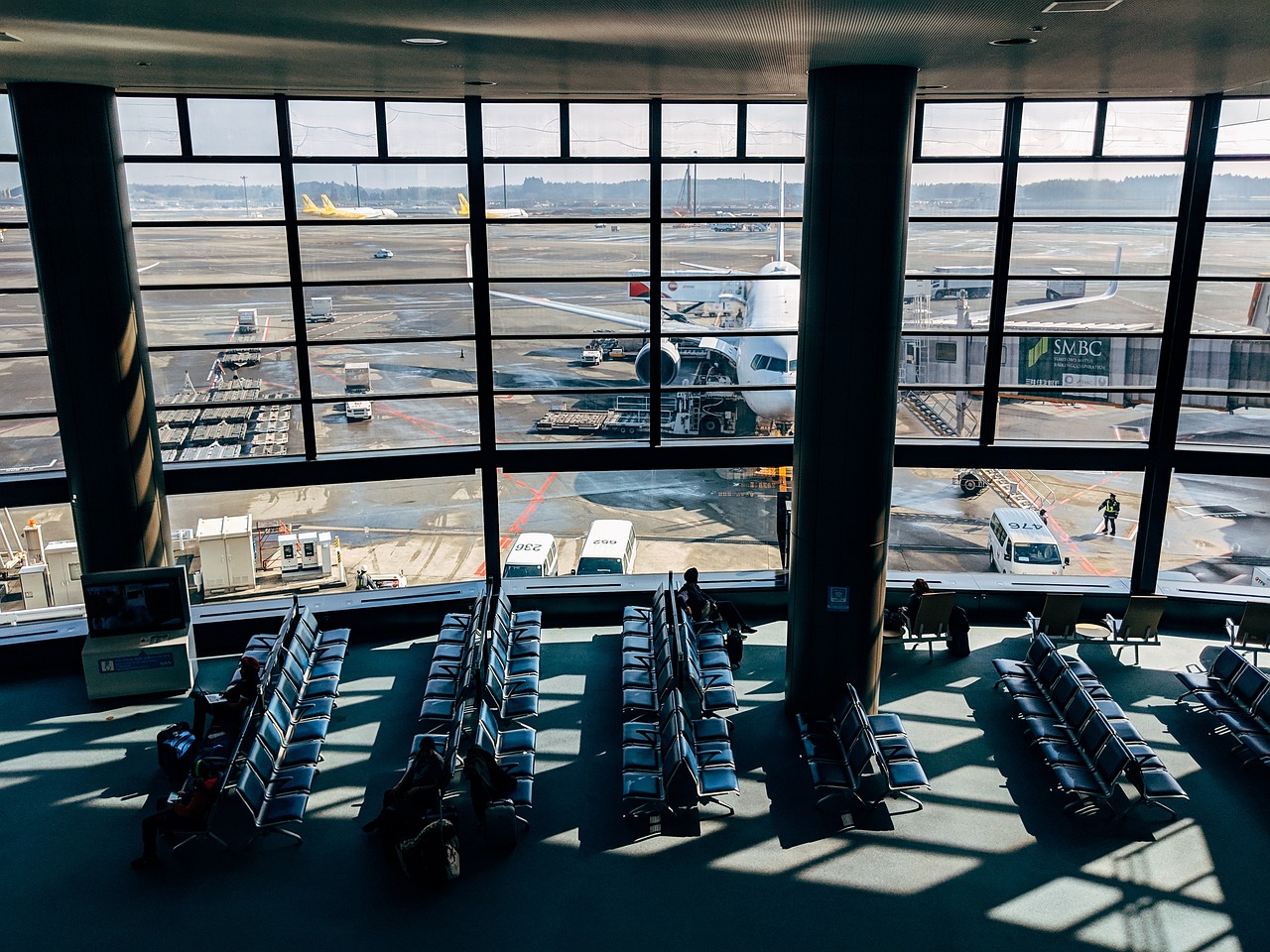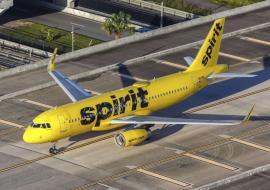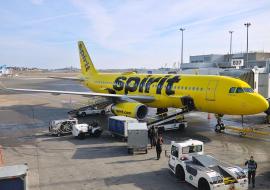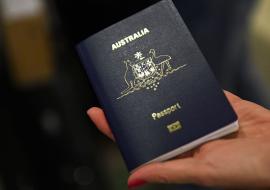Tax Challenges in Aviation: Perspectives and Solutions Discussed at ALTA Event

During the ALTA Aviation Law Americas event in Buenos Aires on September 27, 2024, the critical role of tax policies in the competitiveness and sustainability of the airline industry was a key focus. The panel titled "Tax Challenges: Threats to the Airline Industry in Latin America," moderated by Marcelo Guaranys from Demarest Advogados, explored the UN Tax Committee's proposal to shift from a residence-based taxation model to one based on the origin of income.
Guaranys highlighted the need for simplicity in taxation, emphasizing that the international nature of airline operations could lead to double taxation in both origin and destination countries. Such complexity would ultimately increase operational costs for airlines and passengers, undermining the sector's competitiveness and accessibility.
Carlos Protto, Director of International Tax Relations at Argentina's Federal Revenue Agency, raised concerns about the UN Tax Committee's structure, where tax experts operate in a personal capacity. He stressed the importance of finding a balance between tax collection and fostering a growth-friendly environment for airlines while combatting tax evasion and promoting fairness.
According to the 2024 Competitiveness Index by ALTA and Amadeus, Argentina has the highest tax burden on airline ticket sales in the region, totaling 72% of the final price. In contrast, Brazil and Chile do not impose VAT on international tickets, illustrating a more favorable tax policy that promotes international air transport and enhances competitiveness.
Ligia da Fonseca, IATA’s Global Head of Tax Policy, underscored the urgent need for global tax harmonization. She warned that potential revisions to Article 8 of the UN Model Tax Convention could lead to double taxation of airline profits, which would significantly impact the industry, especially in developing nations. Da Fonseca called for adherence to existing international tax policies established by the International Civil Aviation Organization (ICAO) to prevent adverse effects on aviation.
The panel concluded with a call for collaboration among governments, airlines, and international organizations to develop a harmonized tax system. Establishing a more integrated and efficient tax environment is viewed as essential for enhancing competitiveness and ensuring the sustainable growth of aviation in Latin America.














